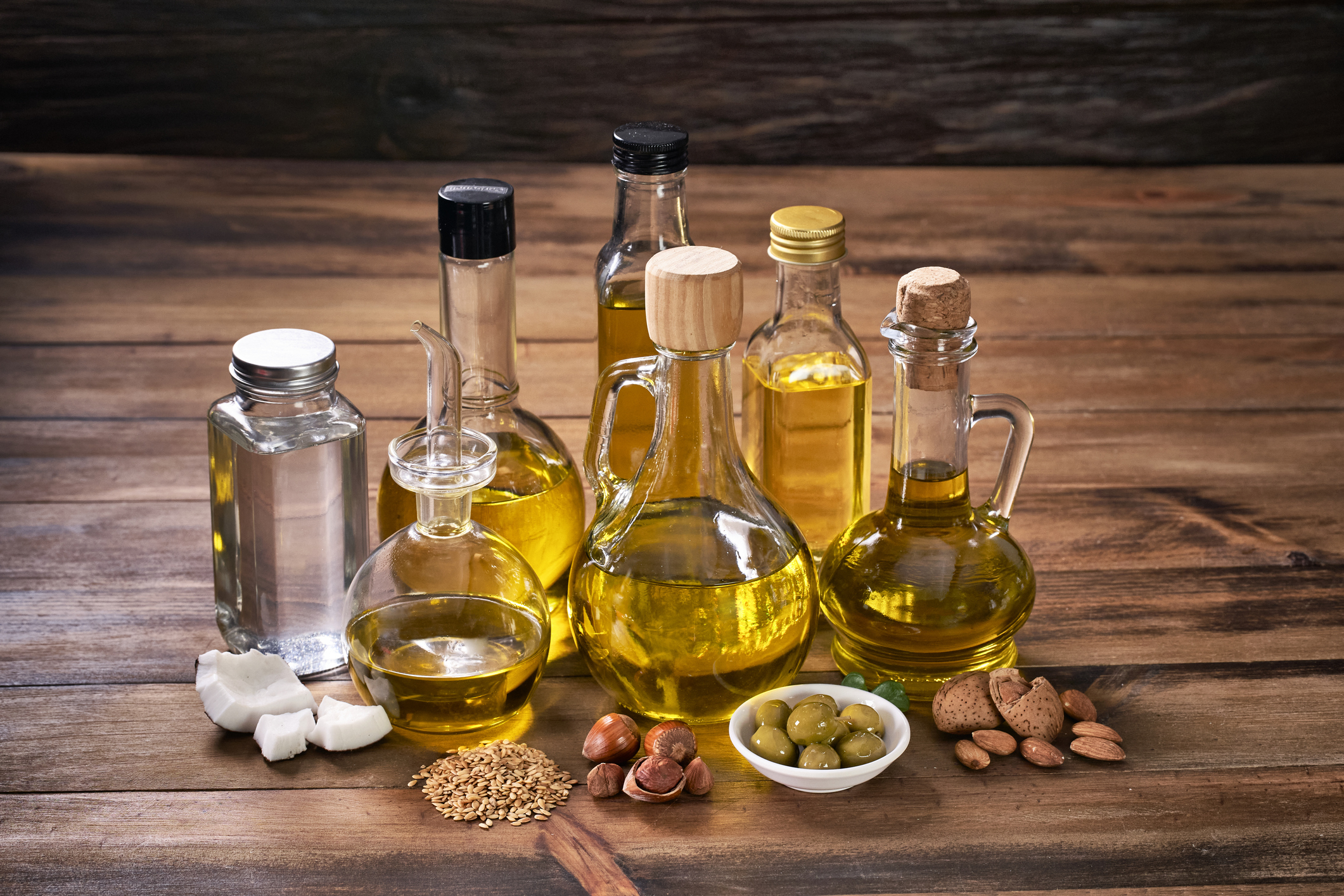
Are Vegetable and Seed Oils “Harmful”?!
From TikTok trends to popular book lists, vegetable oils—often referred to as “seed oils”—have sparked considerable discussion. The controversy surrounding these oils commenced upon their entry into the market, but the popularity of the carnivore diet has fueled the debate further. Detractors describe these oils as “toxic sludge” and attribute chronic illnesses to them. Nevertheless, the reality of vegetable oils is intricate and cannot be captured in a simple meme.
What are Vegetable Oils?
Vegetable oils, or seed oils, are obtained from the seeds of plants. Common varieties include canola, corn, safflower, sesame, sunflower, soybean, and grapeseed oils. Oils sourced from non-seed plants, such as olive and coconut oils, do not fall under the vegetable oils category.
How Are Vegetable Oils Processed?
While some oils like olive oil come from naturally fatty foods, vegetable oils undergo a comprehensive process that includes crushing seeds, refining with solvents, and deodorizing at elevated temperatures. This processing diminishes beneficial polyphenols and may generate trans fats, which nutritionists recommend avoiding.
What Cooking Oils Should You Choose?
Health effects of different oils can vary significantly. At Precision Nutrition, guides suggest “consuming some” expeller-pressed canola and high-oleic sunflower and safflower oils while recommending “reducing” intake of other vegetable oils and saturated fats. However, the specifics of each oil’s impact are not straightforward.
Extra-virgin Olive Oil vs. Expeller-pressed Canola Oil
Extra-virgin olive oil (EVOO) is valued for its monounsaturated fats and polyphenols. In comparison, expeller-pressed canola oil is budget-friendly and high in monounsaturated fat but lacks substantial research supporting its health advantages. EVOO stands out as the more favorable choice due to its health benefits.
Refined Vegetable Oil vs. Butter
The discussion concerning refined vegetable oils and butter revolves around their unique fat compositions. Vegetable oils, abundant in polyunsaturated fats, can oxidize and lead to inflammation, whereas butter’s saturated fats may increase cholesterol levels. Both should be consumed in moderation.
Some Final Recommendations
For optimal health, prioritize minimally-processed oils like EVOO or cold-pressed avocado oil whenever possible. Emphasize whole foods, curtail deep-fried and highly processed foods, and obtain most fats from natural sources like nuts and seeds. Customize your diet to fit personal tastes and nutritional requirements by utilizing resources such as the Nutrition Calculator.
References
Click here to access the sources referenced in this article.
If You’re a Coach, or You Want to Be…
Consider assisting individuals in developing sustainable dietary and lifestyle habits for improved health by training through the PN Level 1 Nutrition Coaching Certification.